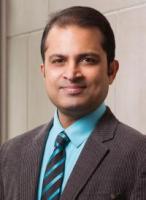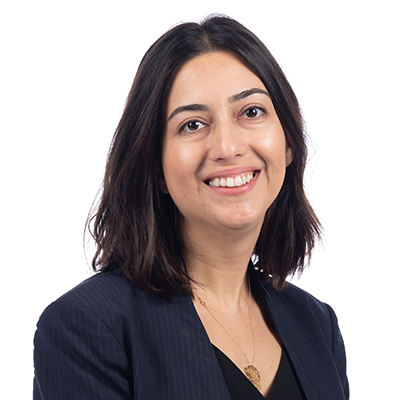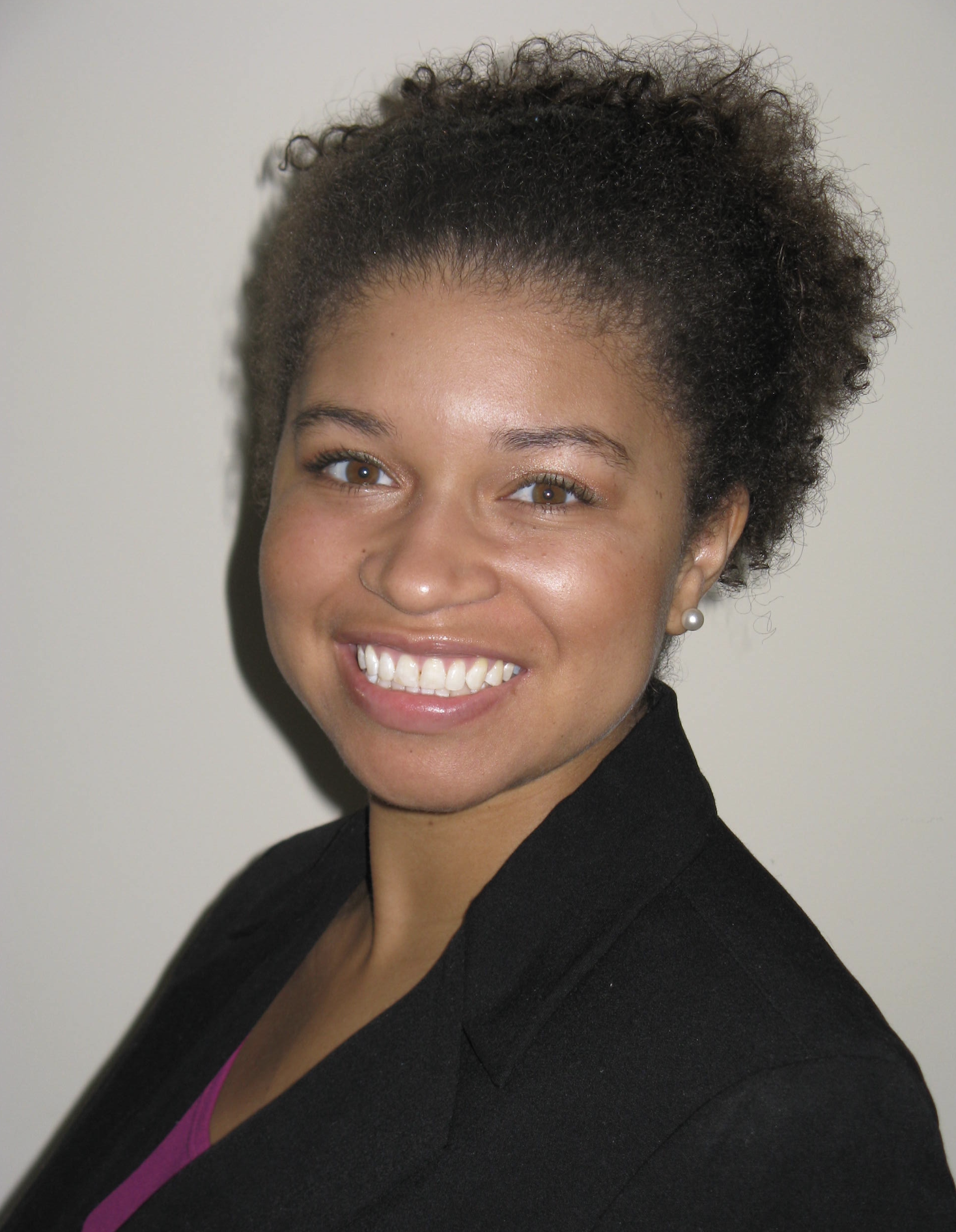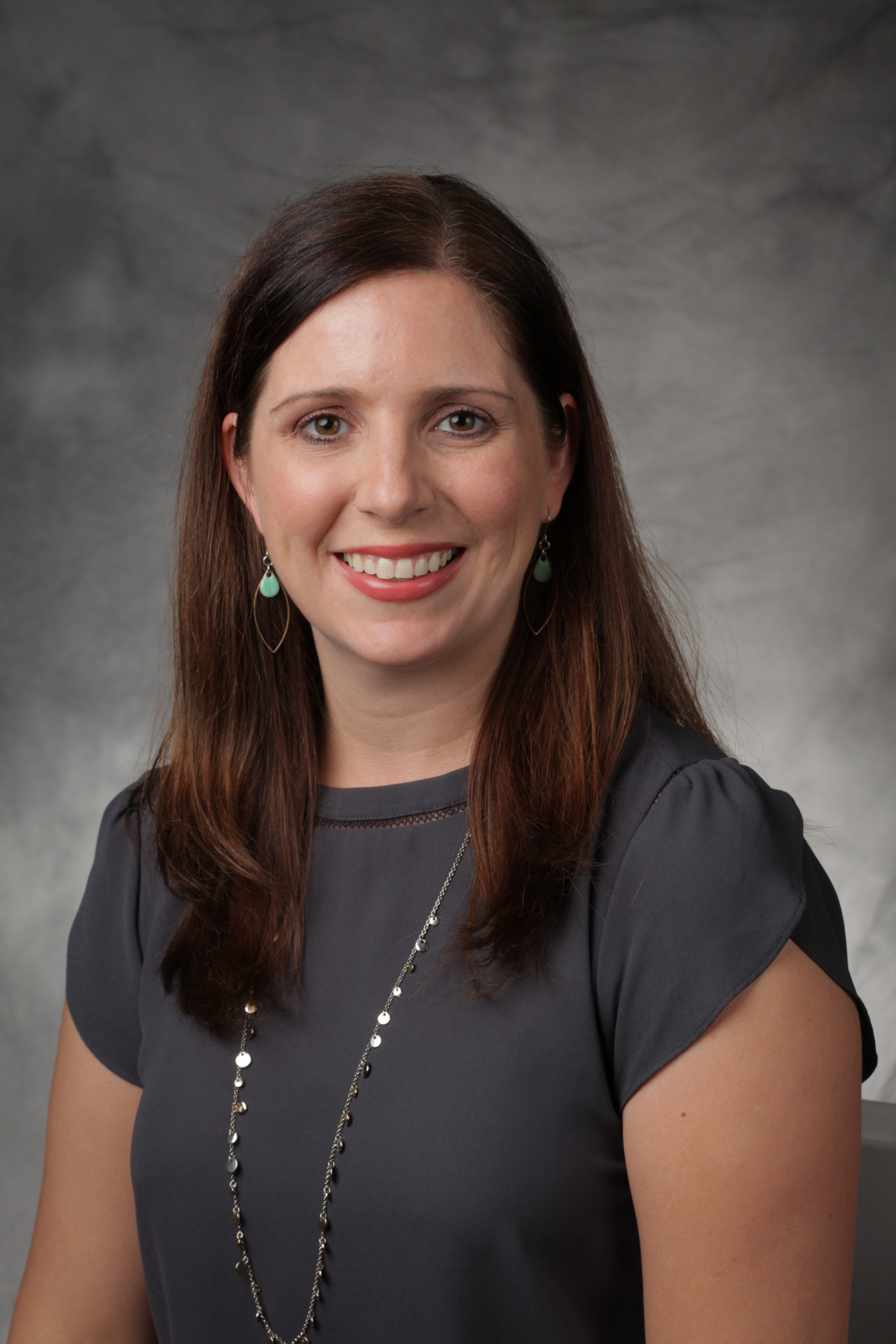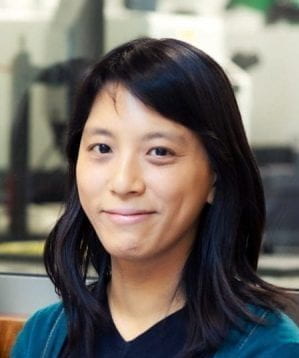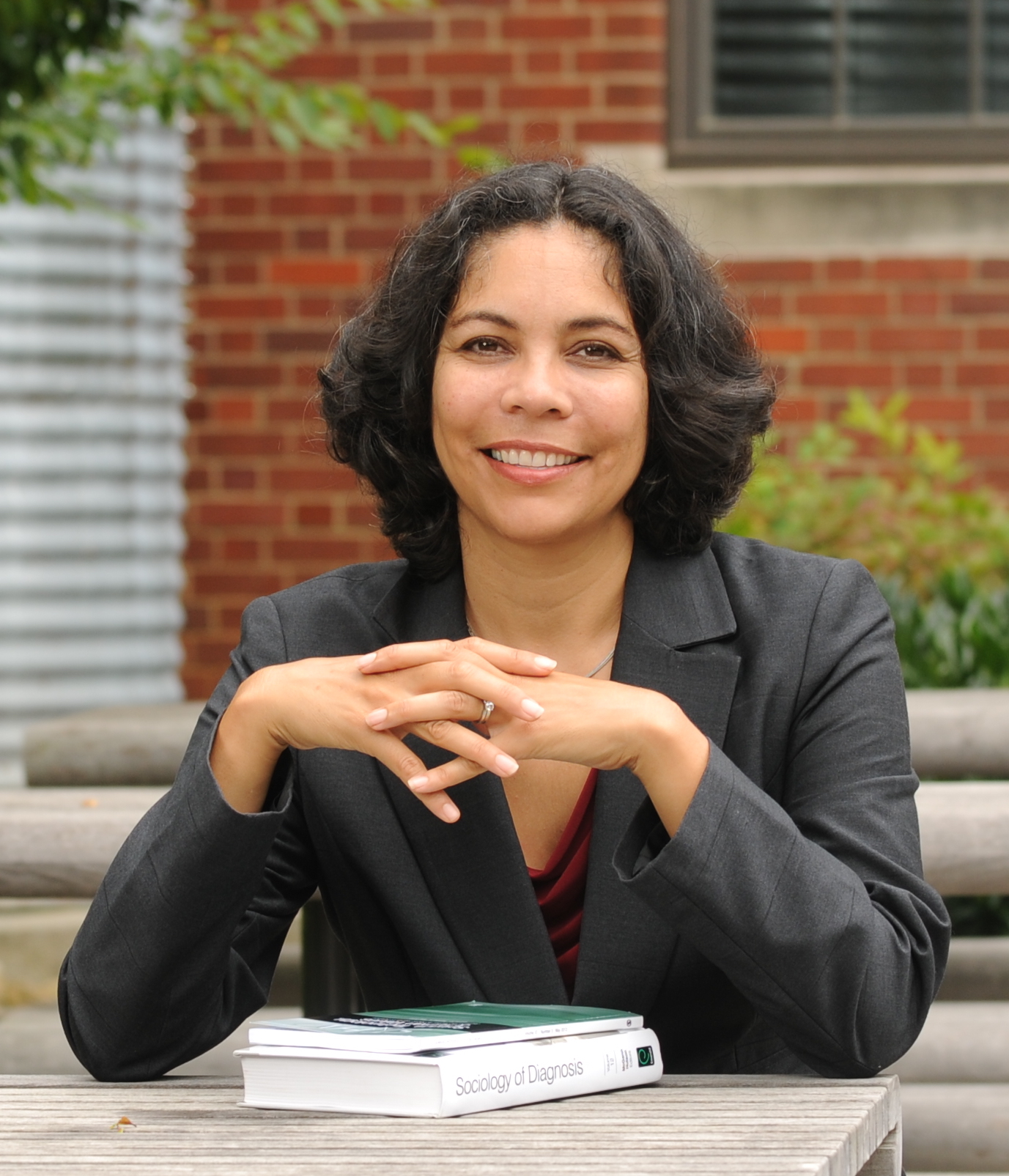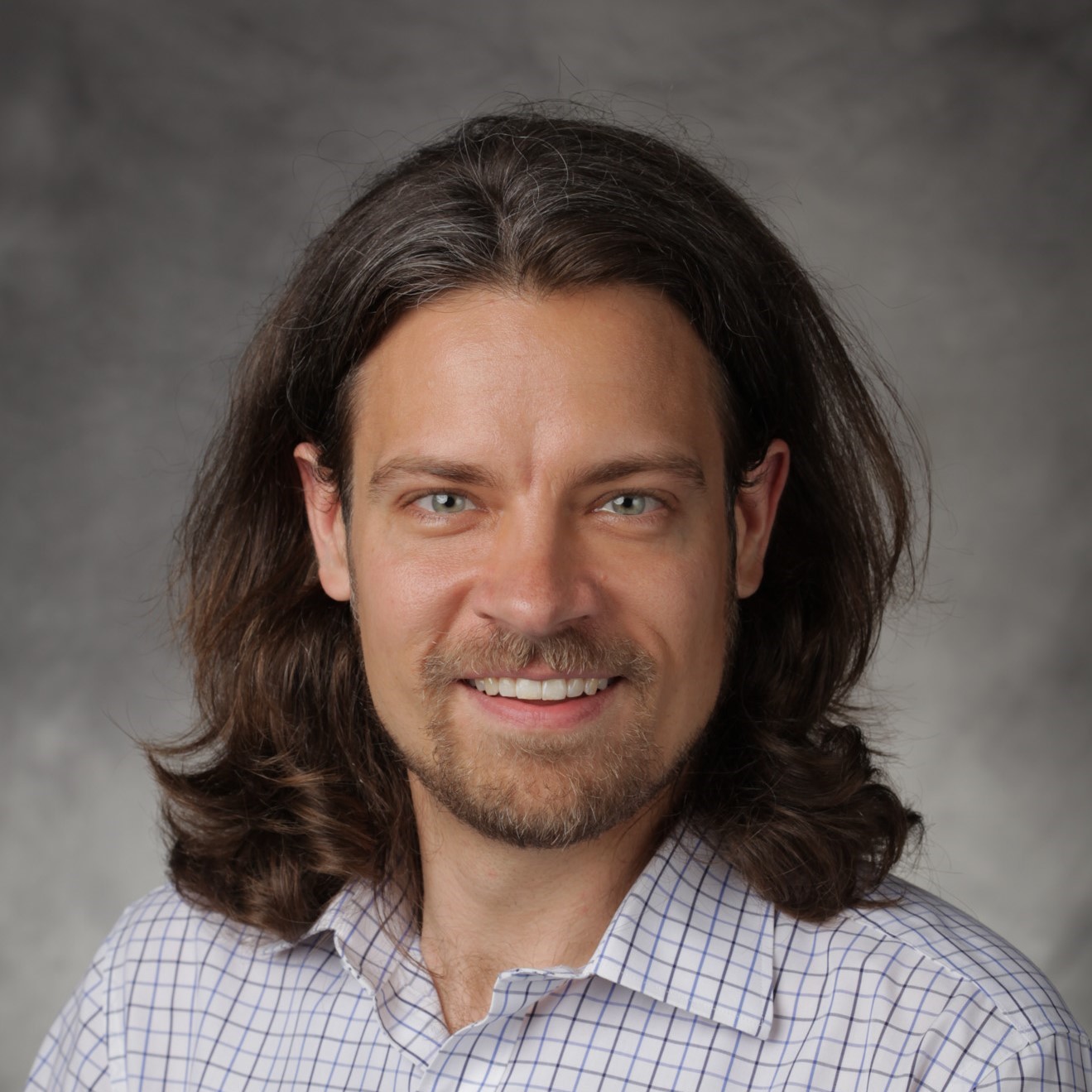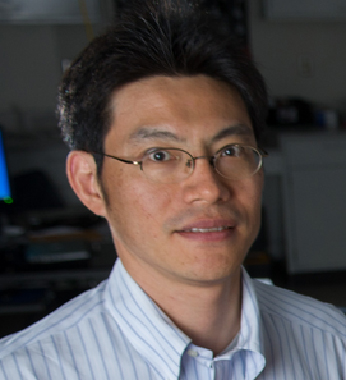Jay Patel, Ph.D., is an Assistant Professor in the Department of Orthopaedics at Emory and a Health Science Specialist at the Atlanta VA. Patel joined the faculty at Emory in September 2020, and his program focuses on the repair and regeneration of musculoskeletal tissues (e.g., cartilage, meniscus), with an emphasis on using micro-scale findings to drive macro-scale therapies. His lab uses a combination of biomechanics, biomaterials, mechano-biology, in vitro systems, and functional in vivo models to motivate, design, develop, and evaluate novel treatments and therapeutics for orthopaedic injuries. He received his Bachelor’s in Bioengineering from Rice University and his Ph.D. in Biomedical Engineering from Rutgers University. He then pursued his postdoctoral training at the University of Pennsylvania in the Department of Orthopaedic Surgery, working on a variety of cartilage tissue engineering and mechano-biology projects. Patel has published over 20 manuscripts, has presented at numerous international conference meetings, and won several prestigious awards, including the Excellence in Research Award (2018) from the American Orthopaedic Society for Sports Medicine. Moreover, both his graduate and postdoctoral work resulted in pending patent applications, and the formation of startup companies with active small-business funding, demonstrating his ultimate goal of translating these approaches to the clinic.


